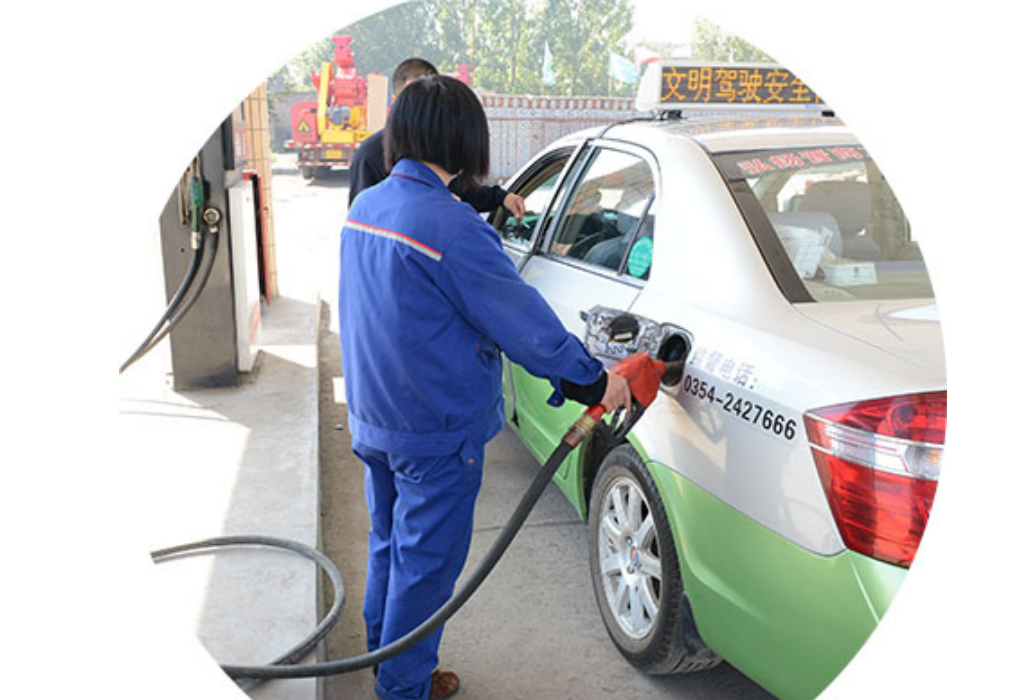New methanol fuel standards introduced in China are expected to promote methanol use in more Chinese cars, but analysts say it is unlikely to replace gasoline use in the country to any large degree.
The two new standards, released earlier this year by the Standardisation Administration of China, are the vehicle methanol fuel standard, which came into force on 1 November, and the vehicle methanol-gasoline standard (M85), which takes effect on 1 December.
China, methanol is mainly produced from coal, while elsewhere natural gas is the main raw material. In the coal-rich north-western provinces of Shanxi, gasoline mixed with 15 per cent methanol is sold at least 500 yuan (US$73) cheaper than pure gasoline per tonne.
Methanol fuel is in use in northern Chinese provinces including Shanxi and Heilongjiang, but each area has produced its own local standards. Experts say a unified national standard could promote wider use of the fuel.
Shanghai has announced plans to replace pure gasoline with a gasoline-methanol mix for all of its post vehicles.
But Guan Yu, an analyst with Beijing-based Research Centre for New Energy Vehicles, dismissed the possibility of nationwide promotion of methanol fuel. The standards are more of a symbol to show the government supports [use of methanol fuel], far from being applicable in reality.
For example, he adds, it will almost be impossible to use the new vehicle methanol-gasoline standard M85 – signifying 85 per cent of the mixed fuel is methanol – because the high methanol content will need specially tailored car engines. The delay of the more applicable M15 standard means the government has not been well prepared for methanol fuels; he says.
Even if methanol fuel is cheaper, it remains difficult for firms to find a way into the finished oil production chain, controlled by oil giants Sinopec and PetroChina. ’The long-term trend for China is an oversupply of gasoline, which is reflected in the nationwide surge in the number of refineries, says Ye Yingmin, general manager for the Chem1, a leading chemical consulting firm based in Beijing.
In this situation, Sinopec and PetroChina would not proactively sell methanol-mixed gasoline in their networks.
Ye adds that the long-distance transportation of methanol from its major production areas in the coal-rich northwest to economic centres in southeast China will significantly increase the costs associated with the fuel. Methanol is toxic, so transporting, storing, and pumping it to cars could all pose huge difficulties.
Guan also thinks coal-based methanol fuel production, while reducing China’s oil imports, could boost the emission of carbon dioxide; I guess the auto industry will put some effort towards studying how they adapt to the rising use of methanol, but there is a very low possibility that car makers will positively introduce new methanol-burning cars, says Guan.;Electricity-powered cars remain a dominant form for new energy cars, while methanol could only be a supplementary form in certain regions like Shanxi and Shaanxi provinces; he concludes.




Recent Posts
Report Highlights Pathway for Electrifying Nigeria’s Container Trade Sector
South Korean Company YPP Plans to Invest up to $3.1 Billion in Green Hydrogen Production in Kazakhstan
WattEV Expands Electric Truck Charging Network with Three New Depots in California
Anemoi Develops New Method to Accurately Measure Wind-Assisted Propulsion Benefits
Navigator Holdings and Amon Maritime Form Joint Venture for Ammonia-Fuelled Carrier Fleet
Hygenco Commissions Maharashtra’s First Green Hydrogen and Oxygen Facility to Power STL’s Net Zero Goals
India Invites Second Round of R&D Proposals Under ₹4 Billion Green Hydrogen Mission
BMTC Adds 148 Tata Electric Buses to Bengaluru Fleet, Strengthens Green Mobility Drive